Ofcom probes UK-based Saudi-funded TV network for praising Iran attack
The UK’s media regulator Ofcom is investigating a TV channel based in the country with direct links to Saudi Arabia which condoned a recent terrorist attack in Iran that killed 24 people, including children.
“We are assessing this news program as a priority against our broadcasting rules,” a spokesperson of Ofcom told the Guardian newspaper on Monday more than two weeks after Iran International aired an interview with the spokesman of a banned terrorist group which hailed the attack on a military parade in the southwestern Iranian city of Ahvaz.
Yacoub Hor al-Tostari, the spokesman of the al-Ahvaziyah terrorist group, appeared in an interview with Iran International praising the attack in Ahvaz.
There were earlier reports indicating that al-Ahvaziyah had claimed the responsibility for the attack in Ahvaz. However, the group later withdrew the claims. Daesh, a Takfiri terrorist group, which has almost been obliterated from its bastions in Iraq and Syria, claimed the responsibility. Iranian officials have taken Daesh directly accountable for the attack although they insist Ahvaziyah was also to blame for its criminal activities in the region.
Iran’s ambassador to the UK, Hamid Baeidinejad, said after the attack that his embassy had lodged an official complaint with the British authorities against Iran International, a Farsi TV channel which is based in Chiswick, west London.
The station is believed to be directly supported by the royal Saudi court. The Guardian cited a source close to the Saudi government as saying that Iran International receives as estimated $250m (£192m) from the Saudi royal court each year.
“The money is coming from Saudi Arabia, it is from the royal court,” the source told the newspaper on Tuesday.
Saudi Arabia has consistently supported terrorist organizations that have an abundant record of carrying out attacks against civilians in Iran.
Iran International aired a live coverage of a rally of the Mujahedin-e-Khalq (MeK) earlier this year. Iranian authorities say the MeK, also known as the MKO, has directly been involved in the death of more than 20,000 civilians in Iran since the Islamic revolution of 1979.
VIDEO | Press TV's news headlines
Report: Epstein account remained active after death, lists Israeli ex-military figure among contacts
VIDEO | Choosing to stay: Palestinian-Americans building life at home
FM questions ‘narrative’ pushed by Israeli-American Trump donor’s outlet ahead of Netanyahu visit
US lawmaker blasts attorney general for ‘lying under oath’ over handling of Epstein probe
Iran received no concrete US proposal in Oman talks: Security chief
Nouri al-Maliki defends Hashd al-Shaabi as inseparable part of Iraqi security system
British PM Keir Starmer faces calls to resign


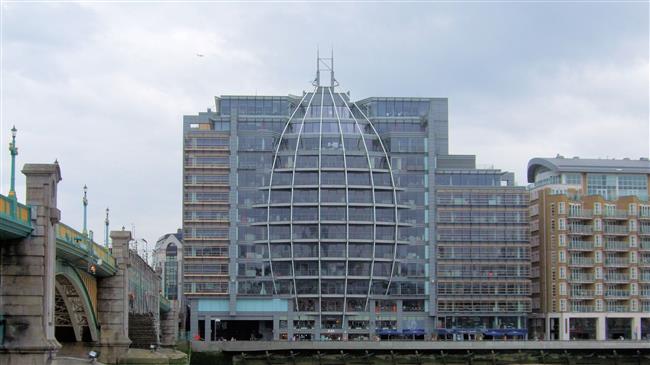

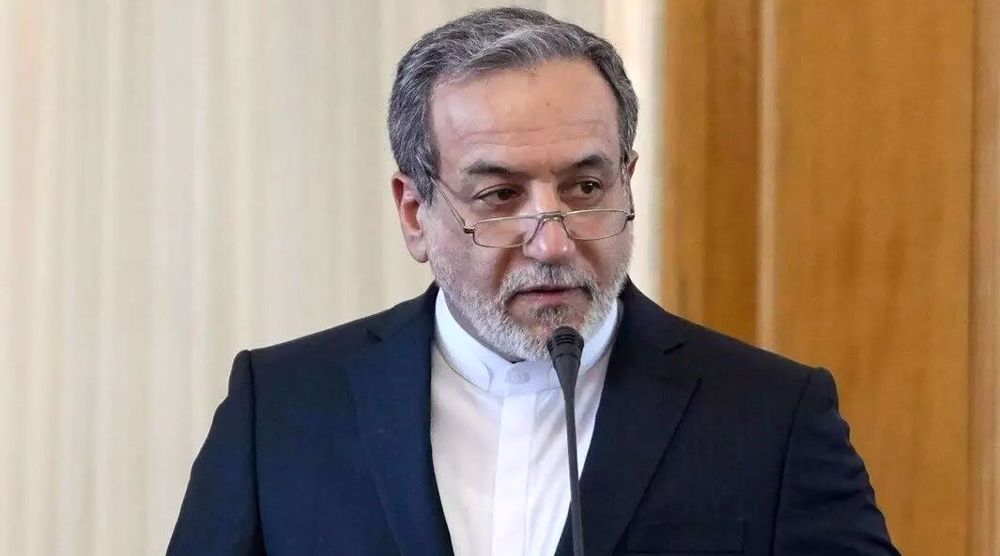
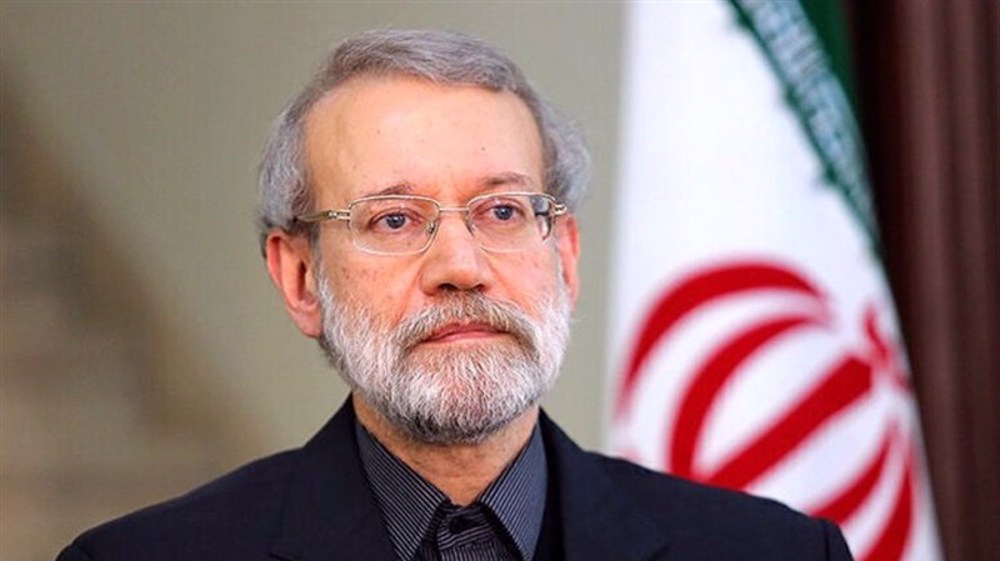
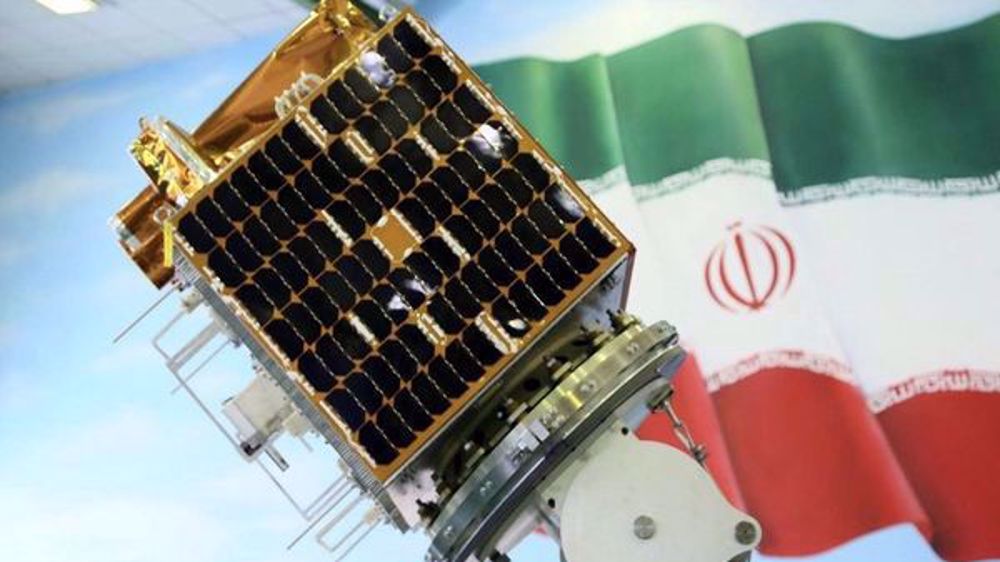



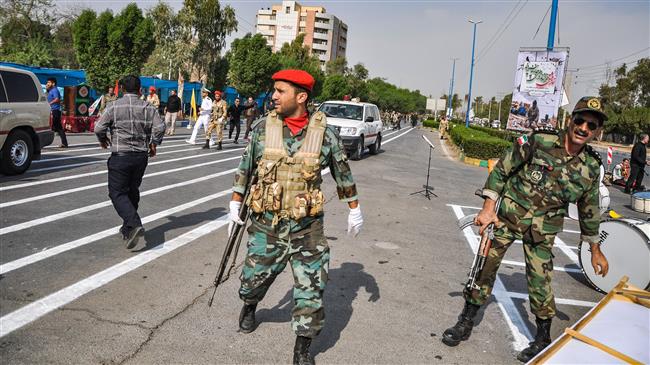
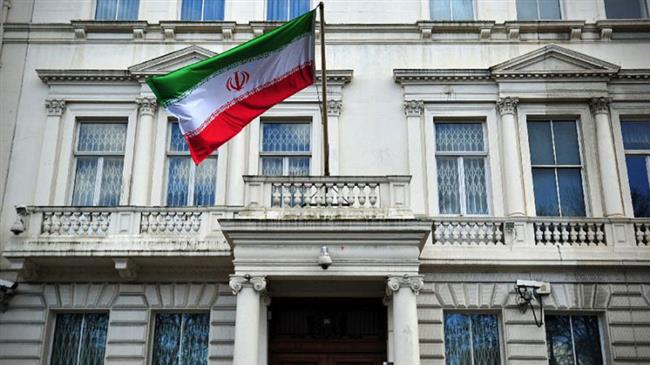


 This makes it easy to access the Press TV website
This makes it easy to access the Press TV website